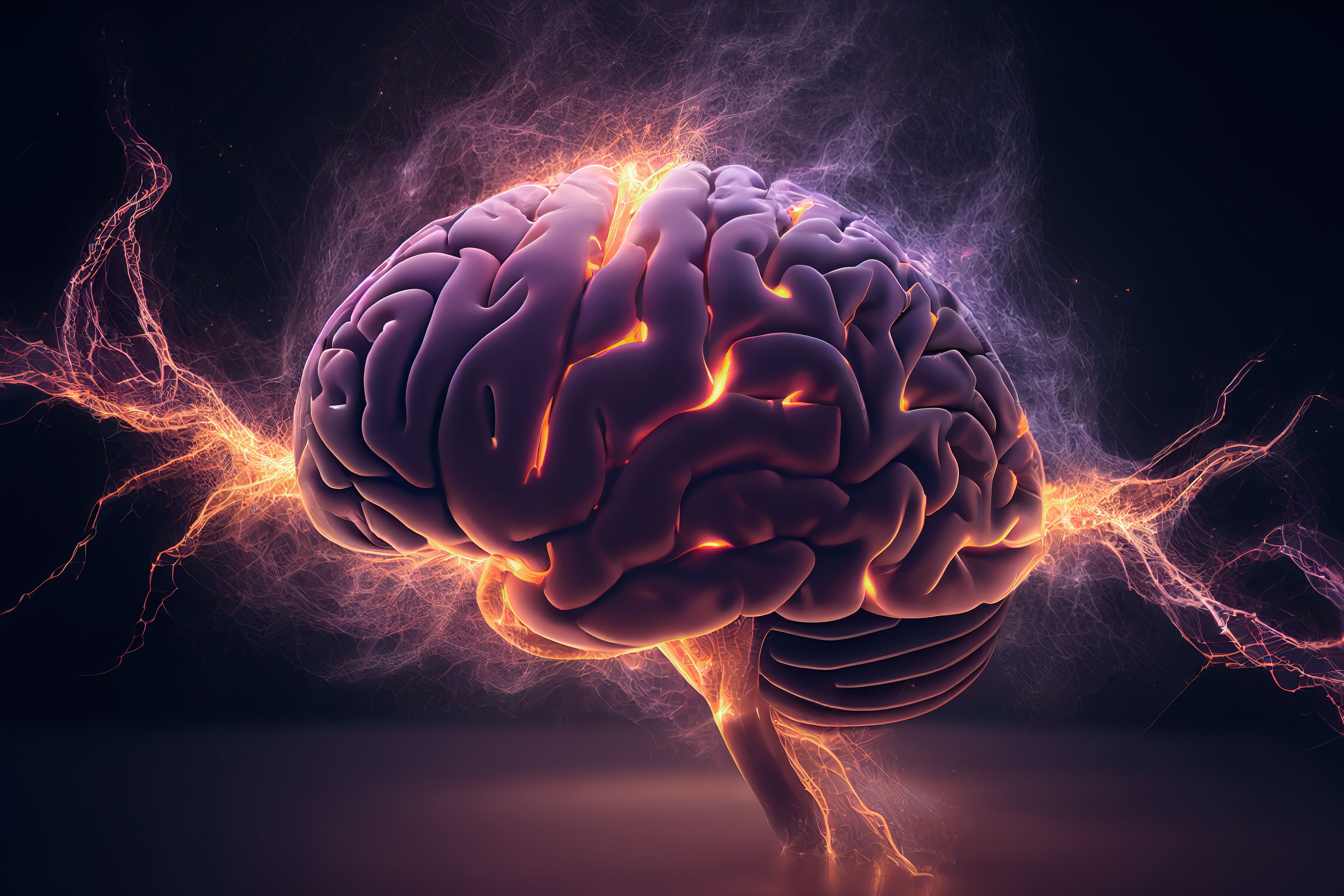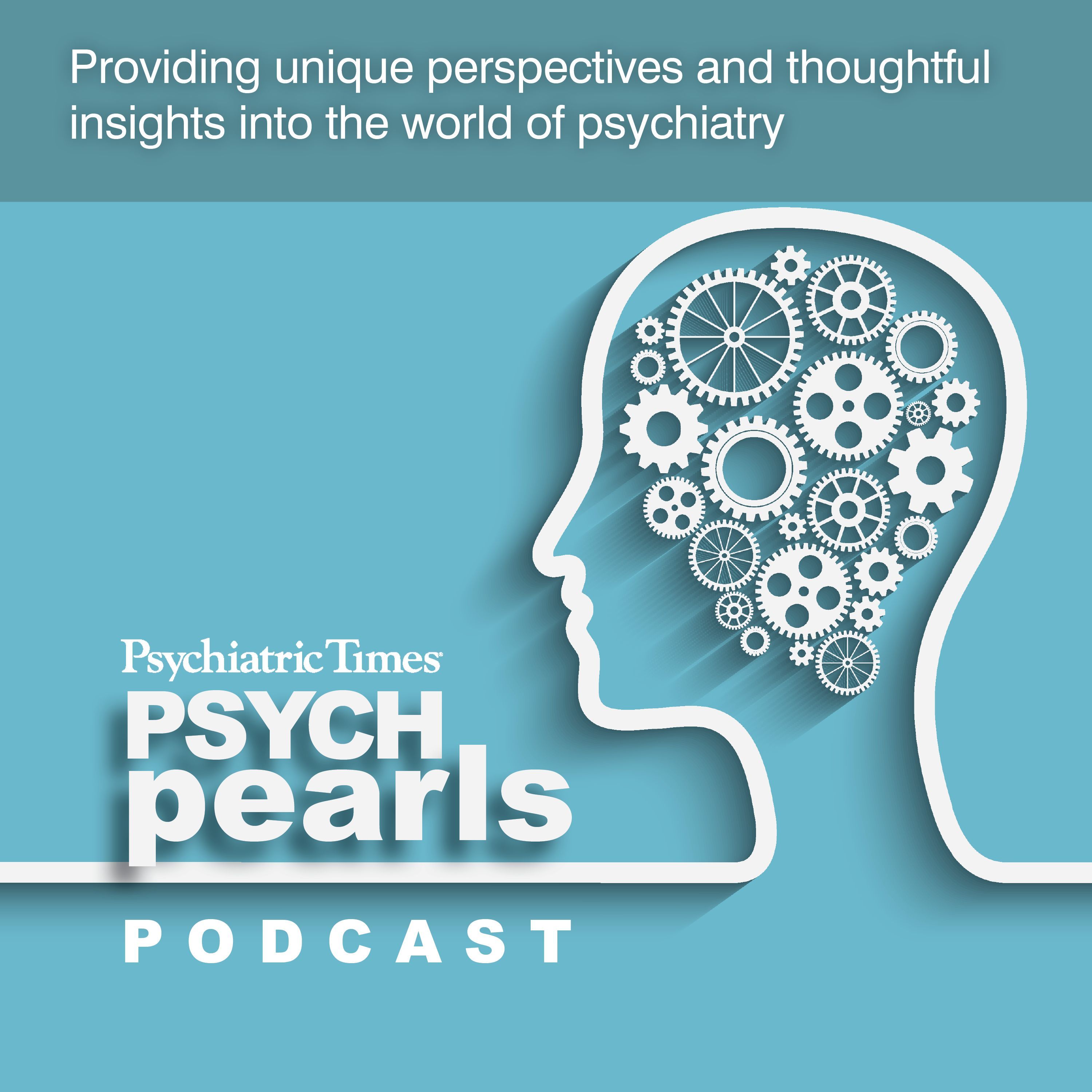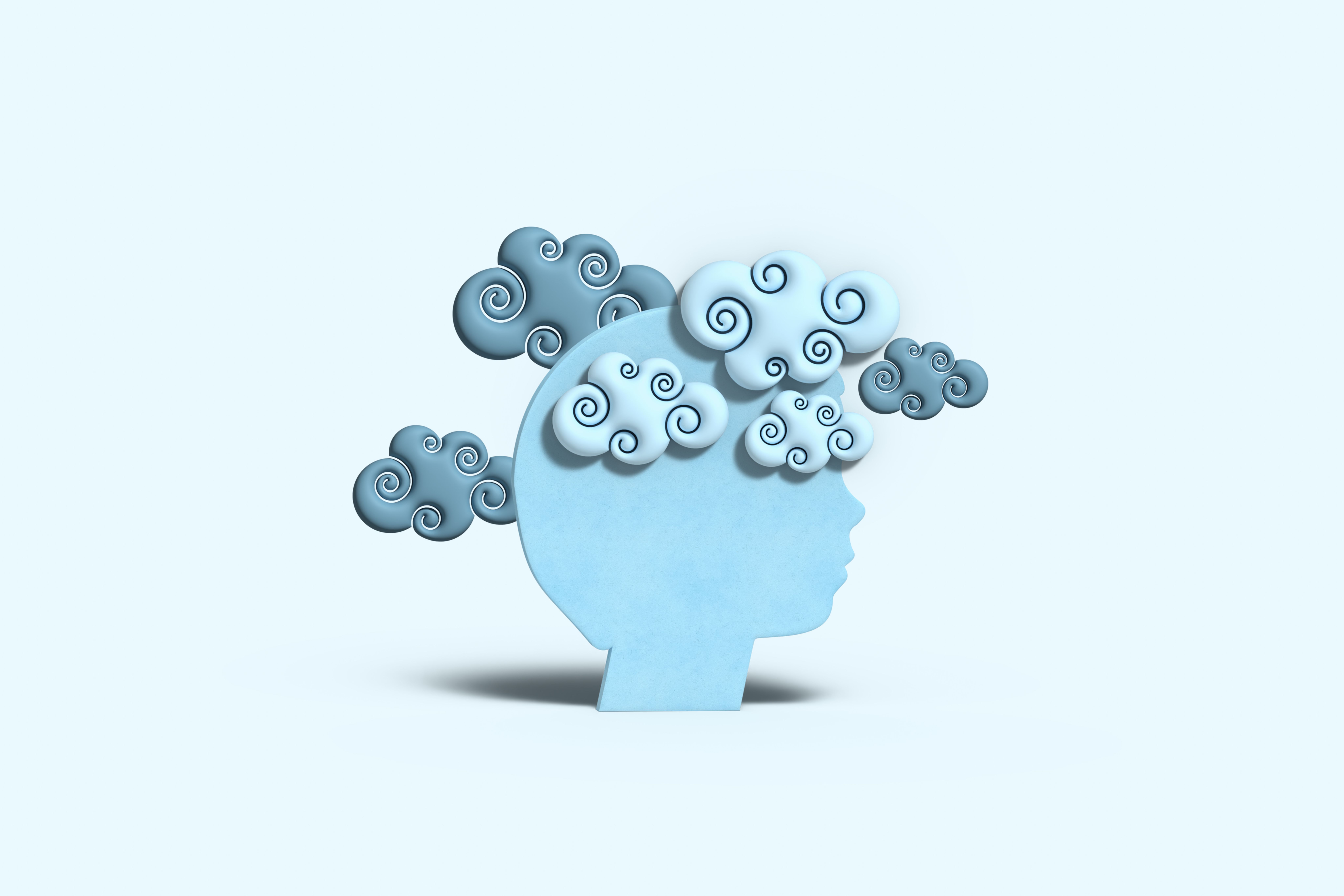News
Article
New Study Initiated to Evaluate Use of Deep Brain Stimulation for Treatment-Resistant Depression
Author(s):
Abbott has initiated the TRANSCEND study to evaluate the use of deep brain stimulation to manage treatment-resistant depression.
Pol Solé/AdobeStock

Investigators initiated a pivotal clinical trial, the TRANSCEND study, to evaluate the use of Abbott’s deep brain stimulation (DBS) system to manage treatment-resistant depression (TRD). The US Food and Drug Administration (FDA) has granted Breakthrough Device designation to Abbott’s DBS for TRD.1
“As we have learned more about the intricacies of the brain, it is now clear that psychiatric diseases like major depressive disorder are similar to other neurological conditions—we can see identifiable structural and functional changes in the brain,” said Brian Kopell, MD, lead neurosurgery investigator and director of the Center for Neuromodulation, and codirector of the Bonnie and Tom Strauss Center for Movement Disorders at Mount Sinai Health System. “So, it is not surprising that DBS research has demonstrated promise for people suffering with TRD, as it has for patients with medically complicated Parkinson disease over the past 2 decades. We are eager for Abbott's TRANSCEND trial to gather further evidence about the impact neurostimulation could have for people who need different treatment options than are currently available.”
The TRANSCEND study is a prospective, multi-centered, double-blind, randomized, and sham-controlled clinical trial. Investigators plan to enroll 100 participants, aged 22 to 70 years old, who have failed at least 4 different antidepressant treatments at up to 25 centers nationwide. Participants will be randomly assigned to either the treatment arm or control arm of the trial. Once a participant has received their Abbott DBS device, those in the treatment arm will have the system turned on while those in the control arm will not. Neither the participant nor the study researcher will know if their device has been turned on.
Once a participant has completed 12 months in the study, all participants will have their DBS system turned on and followed for an additional 2 years. The study's success will be evaluated based on the number of months participants in the treatment group experience improvements in their Montgomery-Asberg Depression Rating Scale (MADRS) scores compared to those in the control group. MADRS is used to measure a person's depression by looking at a range of symptoms, such as sadness, loss of appetite, trouble sleeping, as well as difficulty concentrating and starting or completing daily tasks.
Previous research indicates that while DBS has impressive results in open-label psychiatric trials, it struggles to scale to and pass through multi-center randomized trials for major depressive disorder (MDD).2-4 Without success in these trials, FDA approval and insurance coverage are not possible.
Challenges for therapeutic target engagement in DBS include:
- Selecting patients
- Identifying and engaging target brain circuits
- Maintaining engagement/response over time
“TRD is a debilitating condition affecting 2.8 million Americans each year," said Pedro Malha, the vice president of neuromodulation at Abbott. "The goal of Abbott's TRANSCEND study, in collaboration with top clinical research centers, is to develop the clinical evidence necessary to determine whether DBS is a safe and effective treatment for treatment-resistant depression, which could provide people with a new treatment option that will allow them to live fuller lives."
References
1. Abbott initiates clinical study to evaluate the use of its deep brain stimulation system to manage severe depression. Abbott. News release. September 4, 2024. https://abbott.mediaroom.com/2024-09-04-Abbott-Initiates-Clinical-Study-to-Evaluate-the-Use-of-Its-Deep-Brain-Stimulation-System-to-Manage-Severe-Depression
2. Kuntz L. “A little bit science, a little bit manifesto”: deep brain stimulation in psychiatry. Psychiatric Times. December 4, 2023. https://www.psychiatrictimes.com/view/a-little-bit-science-a-little-bit-manifesto-deep-brain-stimulation-in-psychiatry
3. Holtzheimer PE, Husain MM, Lisanby SH, et al. Subcallosal cingulate deep brain stimulation for treatment-resistant depression: a multisite, randomised, sham-controlled trial. Lancet Psychiatry. 2017;4(11):839-849.
4. Dougherty DD, Rezai AR, Carpenter LL, et al. A randomized sham-controlled trial of deep brain stimulation of the ventral capsule/ventral striatum for chronic treatment-resistant depression. Biol Psychiatry. 2015;78(4):240-248.
Newsletter
Receive trusted psychiatric news, expert analysis, and clinical insights — subscribe today to support your practice and your patients.






